Palestinian teen killed in West Bank as hunger striking prisoner in critical condition
A Palestinian teenager has been killed after being severely beaten by Israeli forces in the West Bank. Meanwhile, concerns are growing over the deteriorating health condition of a hunger striking Palestinian man in Israeli custody.
Citing Palestinian security and medical sources, Wafa news agency reported that Israeli soldiers chased 18-year-old Amer Abdul-Rahim Snobar, who was driving near the village of Turmus-Ayya to the northeast of the city of Ramallah, caught him and beat him up until he died on Sunday morning.
The Palestinian victim hailed from the village of Yatma, near the West Bank city of Nablus.
Israeli forces regularly exercise violence and open fatal fire on Palestinians, accusing them of attempting to carry out stabbing attacks.
Human rights groups have repeatedly criticized the Tel Aviv regime for brutally killing Palestinians who did not pose serious threats to Israelis at the scene of the alleged attacks.
Additionally on Sunday, Iran’s Foreign Ministry drew attention to the critical condition of Palestinian inmate Maher al-Akhras, who has been refusing food for almost three months.
“For 3mnths, Maher al-Akhras has been detained w/out any charges. Despite his hunger strike & int'l outcry, Israeli regime has refused to end his unjustified detention,” the ministry tweeted. “The occupiers must end arbitrary detentions & free him & 100s of Palestinians unjustly held.”
Akhras, 49, from Silat al-Dahr village in the West Bank, was detained in July and placed under the so-called administrative detention without charge or trial.
Immediately after his arrest, the prisoner went on an open-ended hunger strike to protest his detention, which could be renewed for indefinite periods of time and is deemed illegal by international law.
According to Israeli spy agency Shin Bet, Akhras was arrested on July 27 based on information that he was active in the Gaza-based Islamic Jihad resistance group.
His wife Taghreed, however, has said he is not an activist in any group, and only has campaigned for the rights of Palestinian prisoners held by Israel.
She also noted that her husband is only drinking water and is now “too weak to speak”.
Tasbeeh al-Akhras, one of the Palestinian detainee’s six children, said doctors at Israel’s Kaplan Medical Center had warned the family that her father faced organ failure and would soon die.
“His situation is critical, he is in continuous pain,” she said. “He asked to be moved to a Palestinian hospital so he could stop his strike, but the Israelis refused. Freedom is the only way to stop his strike … He should be with us.”
Earlier this month, Akhras’s lawyer, Ahlam Haddad, petitioned Israel’s high court to release him, but the court rejected the appeal, only agreeing to not extend his current administrative detention beyond the end of November.
“He’s in danger of sudden death that could come at any moment now,” Haddad told the court. “He is on hunger strike against administrative detention, in which the prisoner and his lawyer lose all tools to protect him. We have no access to confidential information, no possibility of cross-examining the source of that information.”
Israeli rights group B’Tselem condemned the court’s ruling as “appalling” and relying on “an ambiguous legal solution.”
“The [hunger] strike has left al-Akhras on the verge of death. Despite his dire condition, Israel is insisting on keeping al-Akhras in custody," it said in a statement.
American warplane downed after Yemeni attacks 'baffled' US air defense: Ansarullah
VIDEO | Yemenis praise the military for its successful operations against Israel
VIDEO | Israel continues to bomb Gaza homes
VIDEO | An insider's view of the country: Meybod City in Yazd
‘All wars have rules. All of those rules have been broken’ by Israel
VIDEO | Report flags India’s violation of rights of Rohingya detainees
Turkey's foreign minister meets Syria's de facto leader in Damascus
VIDEO | US Syria plots


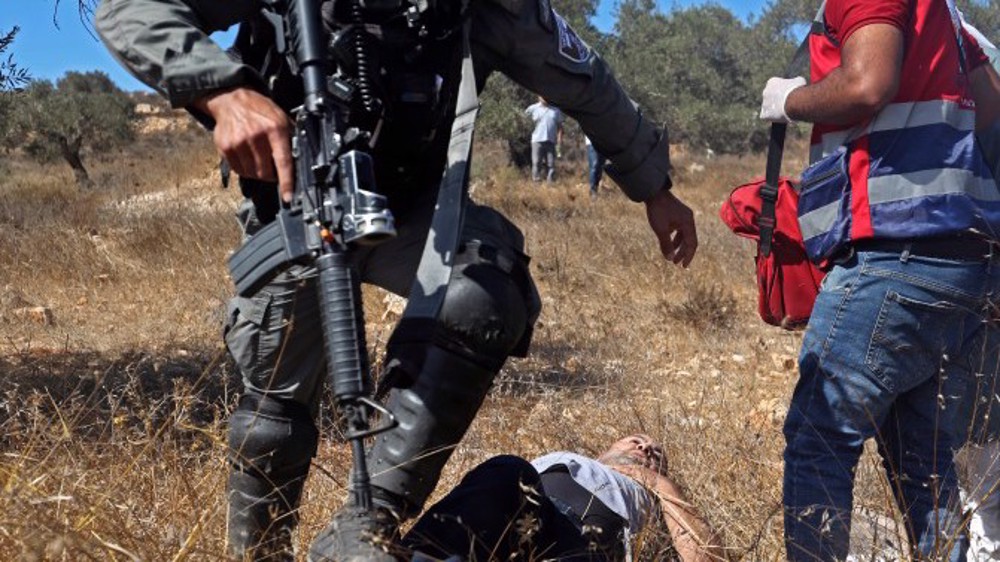

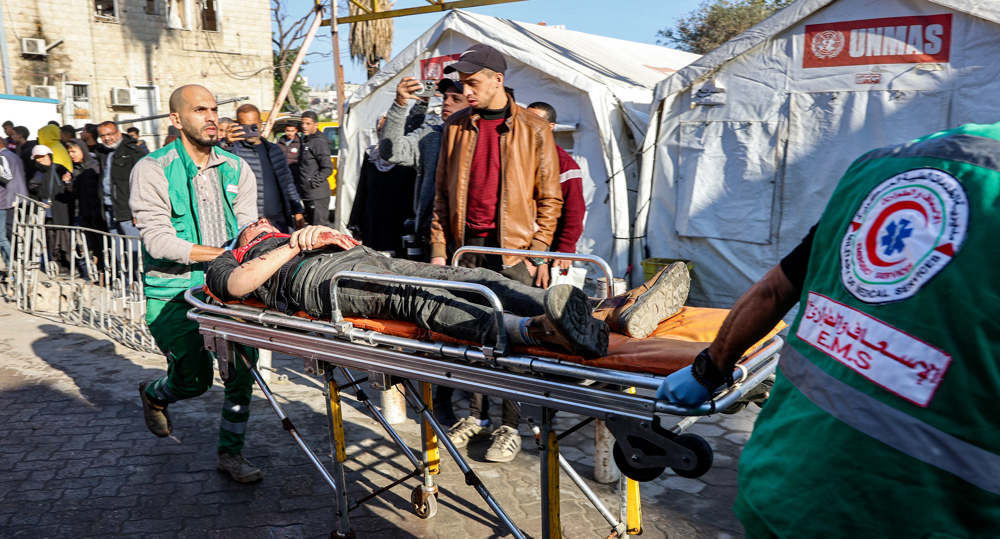

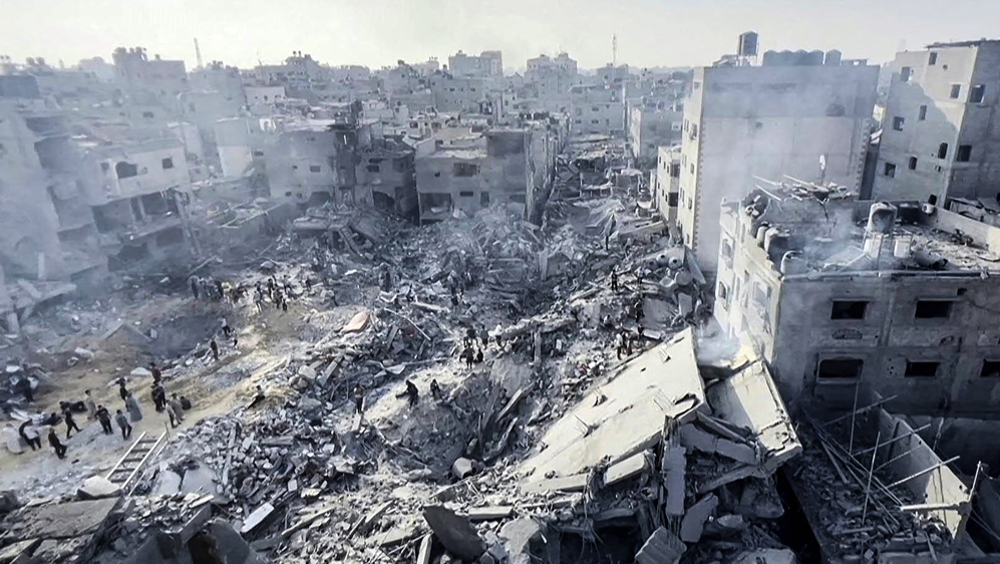




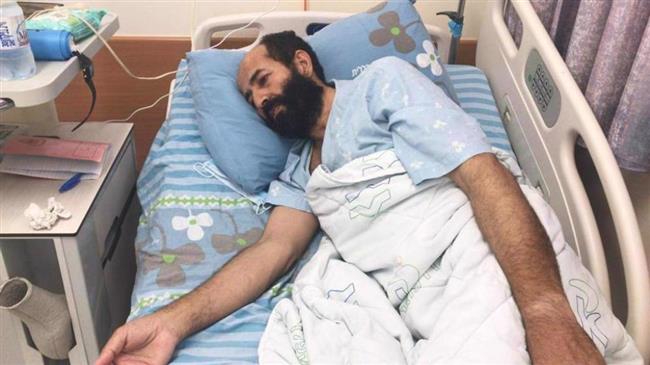
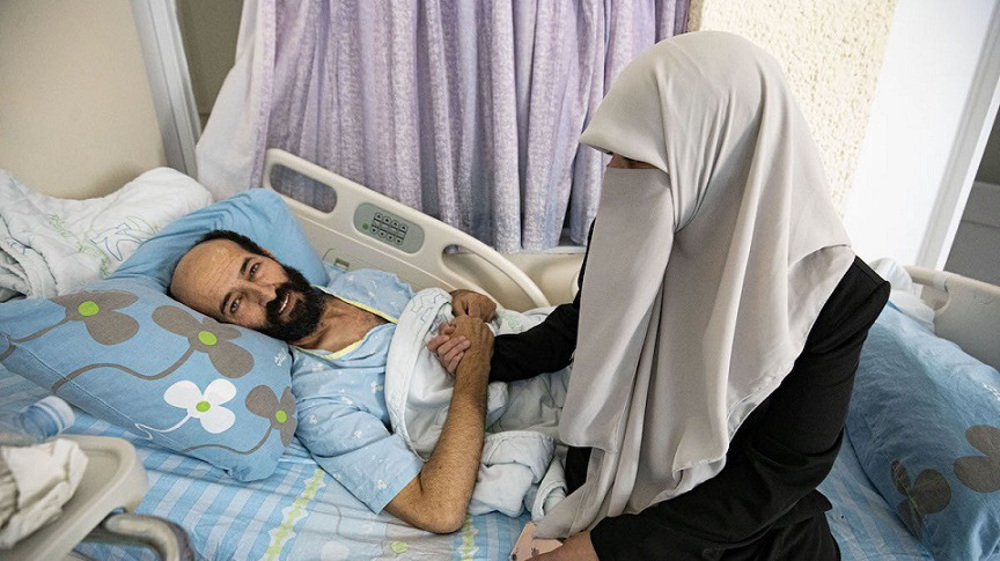
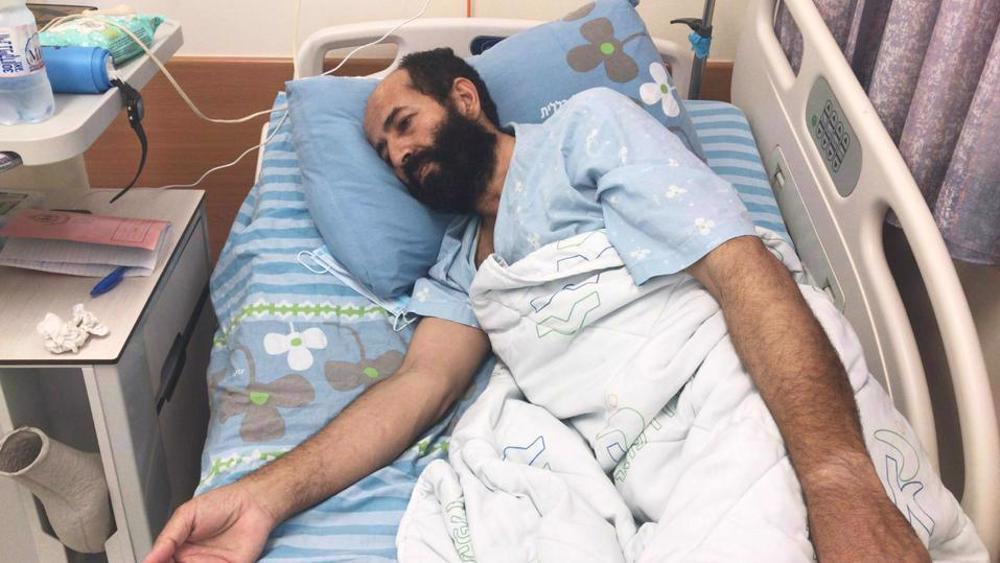


 This makes it easy to access the Press TV website
This makes it easy to access the Press TV website